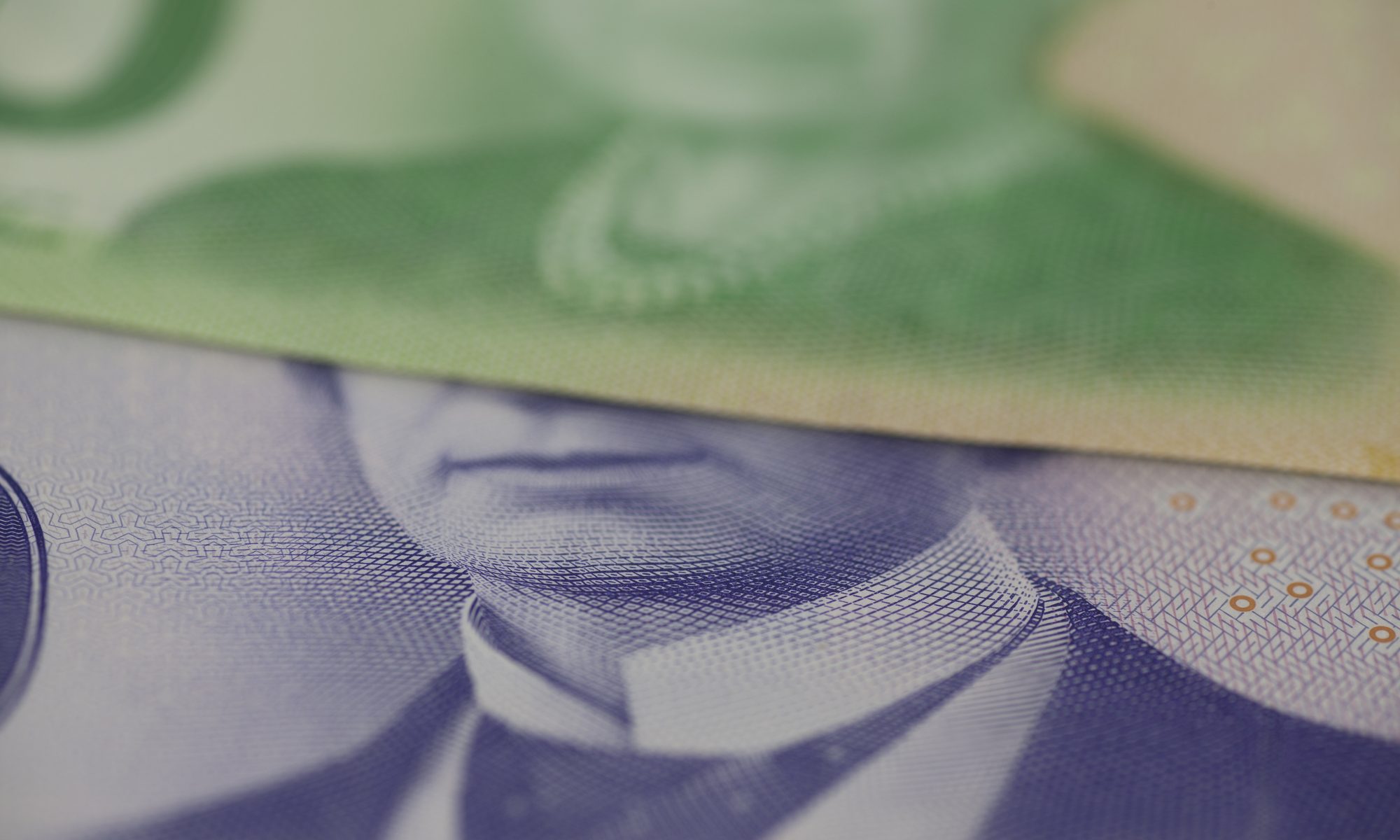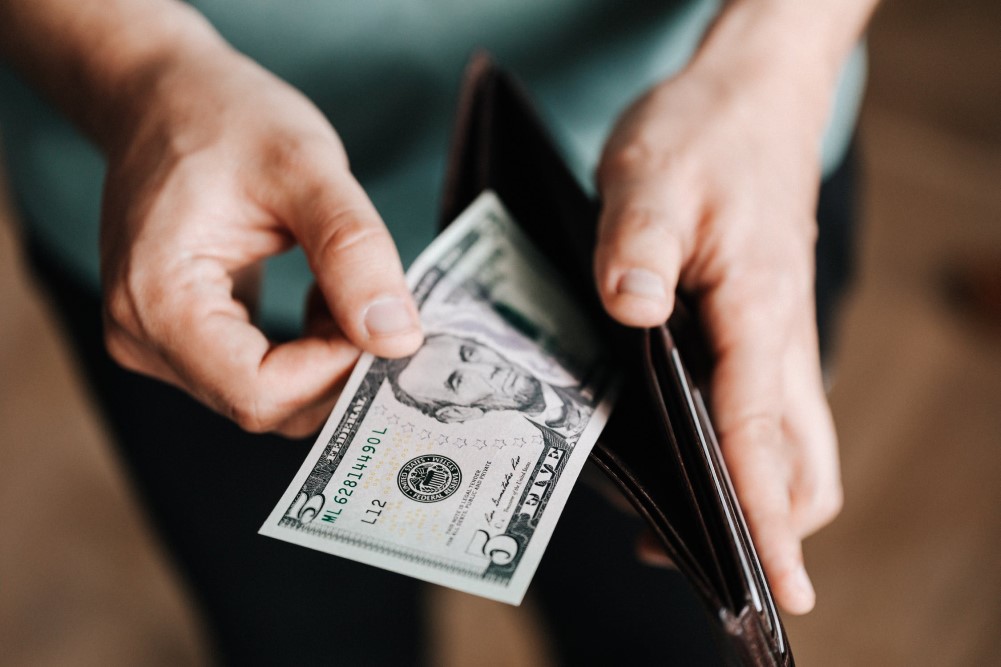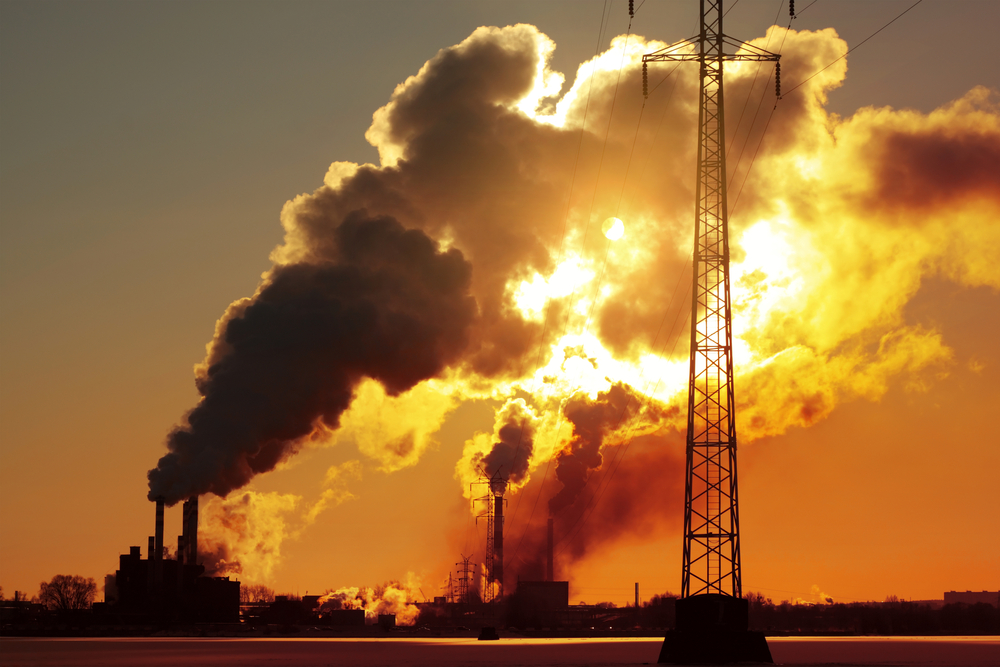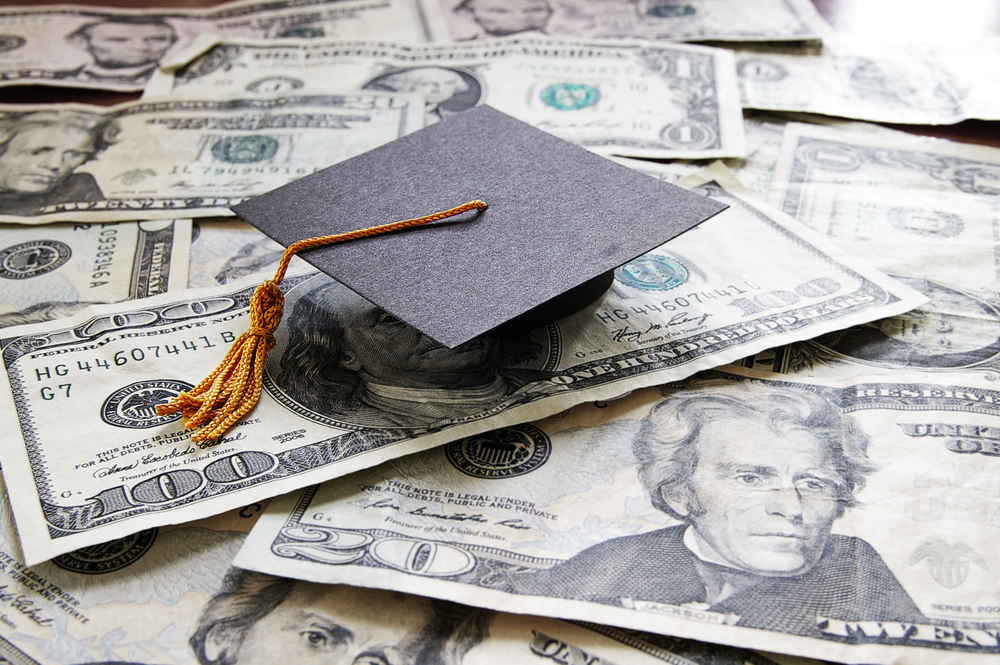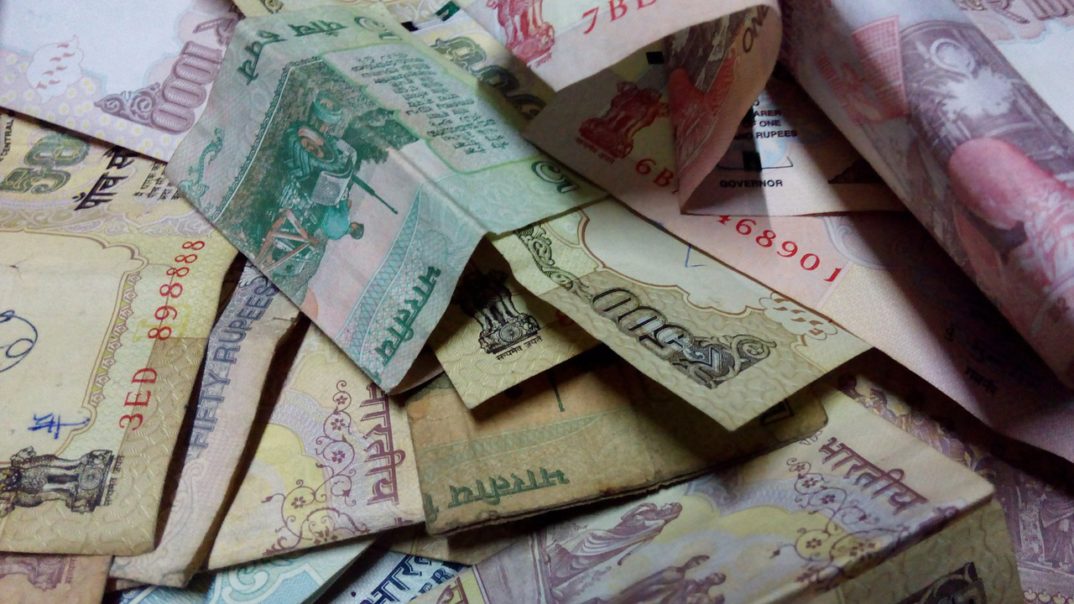In October of 2022, Kroger and Albertsons announced plans for a 24.6 billion dollar merger. This process was interrupted by the US Federal Trade Commission (FTC) and several states suing to halt the merger earlier this year. Consolidation of these two supermarket giants, they claim, will result in higher prices and hurt workers. The issue is now having its day in court.
The federal challenge continues the Biden administration’s muscular use of antitrust law to limit the consolidation of economic power in the hands of the few. It is, however, a marked departure from a more lax “consumer welfare” approach which has been ascendant since the pro-corporation Reagan administration.
Typically, our concerns about monopolies focus almost exclusively on consumers. How will fewer providers affect prices? The fear is that a corporation with a massive market share will use its power to jack up the prices of goods and services. But what about workers? We should expect workers to be one of the most affected populations in a merger. From a consumer perspective, even if the merger lowers prices (and most don’t), we’re talking about a small price decrease on some goods. Meanwhile, the effect on employees can be far more decisive, either through job loss, pay cuts, or increasing work demands.
First, there are so-called monopsony concerns. A monopoly is a situation with just one seller, by contrast in a monopsony there is just one buyer (or employer in this case). When monopsony occurs, a corporation may be able to lower wages because employees do not have an alternative. Additionally, mergers may lead to restructuring or the elimination of duplicate personnel. Finally, larger corporations may simply have more power to push back against unions or other forms of labor organizing as well as influence labor law and worker protections. This is not to say mergers can never benefit workers – the most obvious example is workers at a company that would otherwise go out of business – but it is uncommon.
And yet, until recently, worker considerations were largely absent from discussions of mergers. How did we get here?
American antitrust law began as a reaction to the industrial excesses of the Gilded Age, first through the 1890 Sherman Antitrust Act and then with the more exhaustive 1914 Clayton Antitrust Act and 1914 Federal Trade Commission Act. All were passed with overwhelming legislative support. Courts were granted wide latitude in evaluating monopolistic and anti-competitive practices, but there was a general suspicion of market consolidation and giant corporations. Supreme Court Justice Louis Brandeis, a legendary critic of monopolies, railed against the “curse of bigness.” His concerns were far reaching — yes, economic effects on price, but also the anti-democratic effects of wealth inequality, and power over workers.
Early antitrust thinking laid out a smorgasbord of considerations regarding competition, corporate power, the protection of small business, the price and quality of goods, and worker well-being. Especially central was whether a merger was seen as pro-competitive or anti-competitive. While American antitrust practices shifted with the broader political and economic winds, it is generally viewed as in the 1970s when a decisive change occurred. Although historians quibble about the finer details, it’s widely thought that the legal scholar Robert Bork served as a ferryman for the more anti-regulatory Chicago School of Economics helping bring the “consumer welfare” standard to American antitrust law.
Bork and others argued that the focus should not be on competition as such, but rather on broader considerations of economic welfare. The consumer welfare standard condenses the evaluation of mergers down to a single question: Does this merger help or hurt the consumer? Usually the primary consideration for consumer welfare is price, but one might also consider such factors as quality or product innovation. Bork also emphasized the efficiency gains that can result from mergers, e.g., by eliminating redundant infrastructure or increasing bulk buying.
Some critics, however, point out, that Bork got the terminology wrong and was actually advocating for what’s called the total welfare standard. What’s the difference? A consumer welfare standard cares specifically about consumers, so it’s only interested in efficiency gains if they are passed on to consumers, e.g., through lower prices. A total welfare standard is interested in both consumers and producers (where the producer is the corporation, not the workers). So a corporation saving money is seen to tell in favor of a merger on the total welfare standard.
What is there to say about these welfare standards? For one, the scope of interest is narrow. Bork and others of a similar mind focus only on consumer welfare and use quite a narrow understanding of welfare at that. It might be objected that an advantage of the “consumer welfare”/”total welfare” approaches is that they are more tractable, i.e., easier to do. However, tractability defenses become less and less compelling the further an approach is from our goals, so tractability alone cannot justify the approach. Someone like Justice Brandeis was broadly interested in questions of the distribution of wealth and power in society. For him, the aim of antitrust is to tackle the social, economic, and political effects of corporate power and monopolies. Bork’s approach, then, would simply miss the point. Workers are left out of the “welfare” discussion almost entirely. In fact, from the total welfare standard, if a company lays off a bunch of workers performing duplicate functions this justifies the merger as efficiency gains.
The Biden administration represents a break from narrow welfare standards and embrace of the so-called New Brandeisians. They are still decidedly pro-market, but believe considerations of corporate power and the more aggressive use of antitrust law are necessary to ensure the market functions to public (and worker) benefit. Kroger and Albertsons is a case in point.
Crucially, the shift should not be seen as a strictly economic one. Ultimately, it is about our values. Economists can help us understand the effect of mergers in different contexts, but they cannot tell us what social and economic effects we want. Likewise, while there are complex scientific questions about which antitrust laws and policies best realize our social, political, and economic goals, first we need to seriously consider what those goals are. Are we worried about consumer prices? About corporate power? About worker well-being? All of the above?


